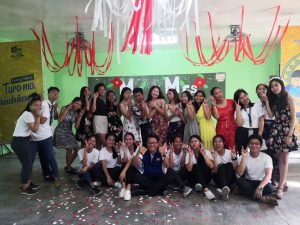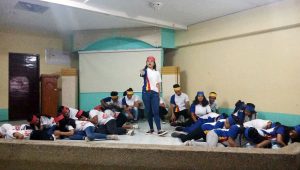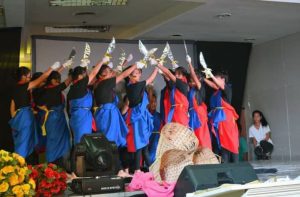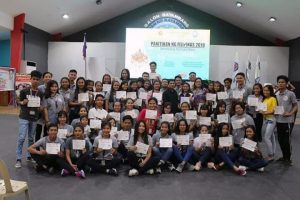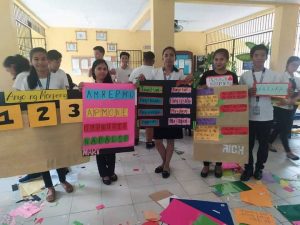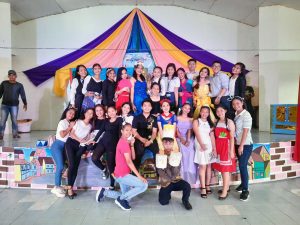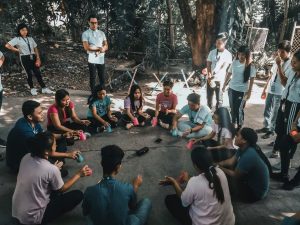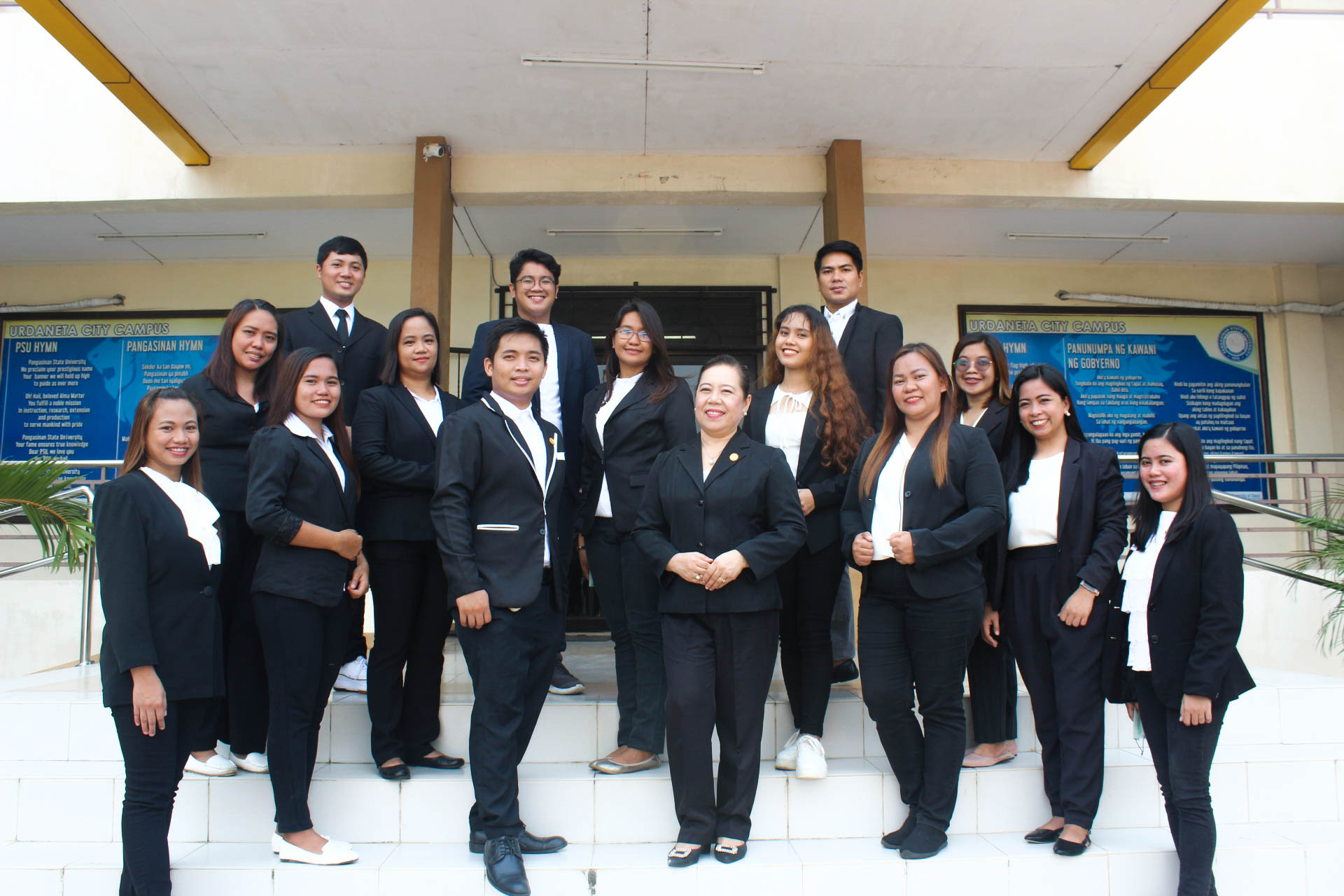
Thank you for visiting our webpage. You are cordially welcome and you are invited to explore and get to know more about the department.
The Education Department of Urdaneta Campus initially offered the program as BS in Elementary Education from 2015 to 2018. Realizing that the need for qualified teachers for Early Childhood Education, the program was converted to what is now known as a Bachelor of Science in Early Childhood Education from 2018 up to the present.
Armed with noble goals and objectives, the department envisions to be one of the top producers of high-caliber educators, ready to respond to the ever-changing needs of the community in terms of delivering the best quality of education.
From its inception up to the present, the department can boast about the high overall performance in the Licensure Examinations for Professional Teachers. The results are staggeringly higher than the National Passing rate. This only means that the BECed program is worth considering for those who desire to be competitive educators.
Behind the success of the BECed department is a group of versatile and well-trained educators who are determined to brave the challenges of an unprecedented era of the pandemic. Despite the difficulties, they are ready to extend their services to all sorts of learners.
Inspired by the vision and mission of the University, the BECed program will continue aspiring to climb the ladder of excellence by complying with the rigorous standards of the accrediting agencies.
Accreditation Status: AACCUP LEVEL II Re-accredited
Organizational Chart
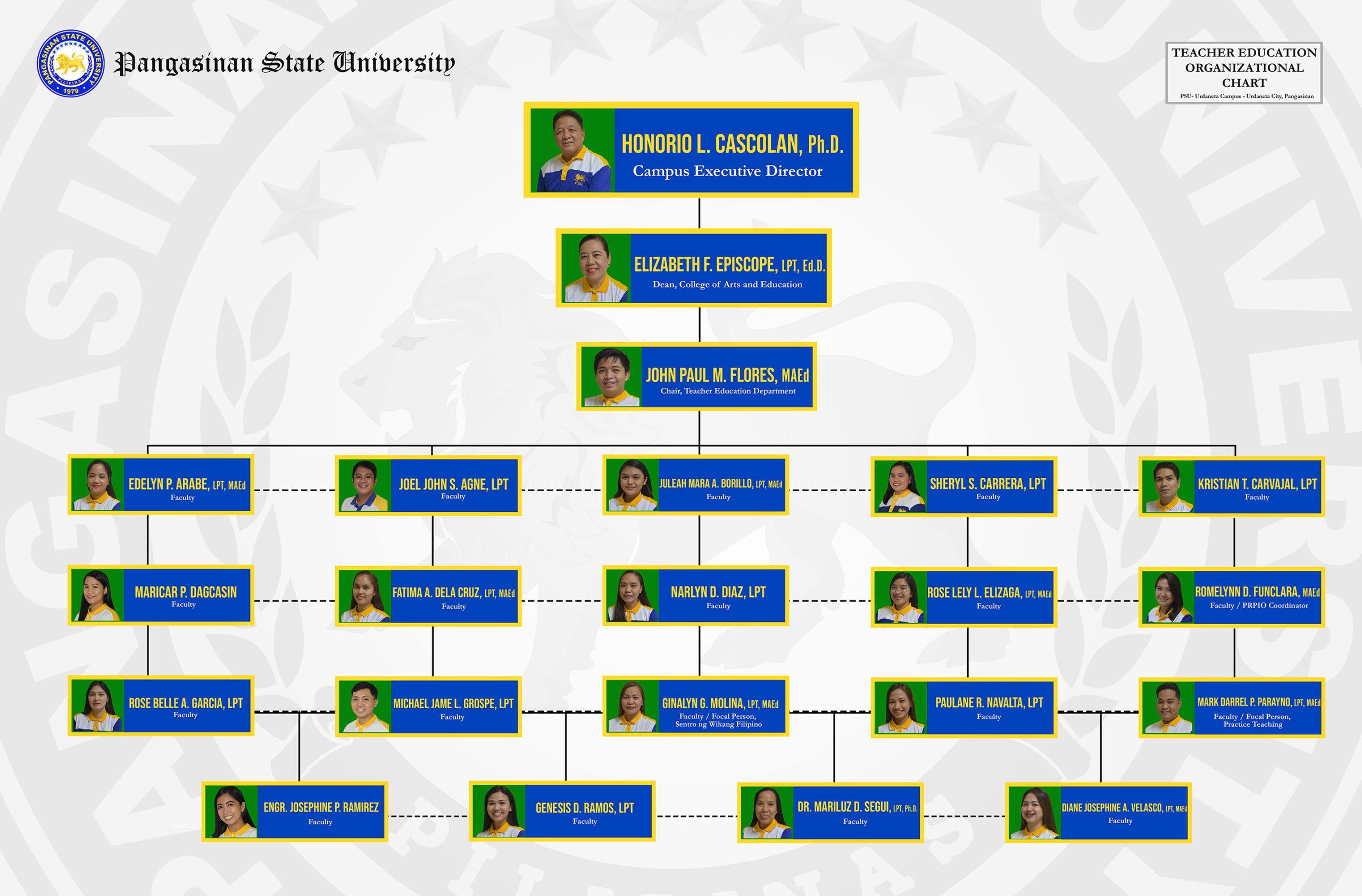
EMPLOYMENT OPPORTUNITIES
- Private Universal Pre-K Teacher
- Public Universal Pre-K Teacher
- Private Early Childhood Teacher
- Public Early Childhood Teacher
- Childcare Center Director
- Childcare Worker
- Special Education Teacher
- School Counselor
- Home-Based Service Provider
- Childhood Development Researcher
- Public School Counselor
- Preschool teacher
This program aims to educate individuals to be competent early childhood practitioners working with children from 0-8 years old in various early childhood settings (home, community, school, and workplace). It is aligned with the National Early Learning Framework (NELF), the National Competency-Based Teacher Standards (NCBTS 2017) and the first key stage which is K to 3.
| PROGRAM OUTCOMES | PERFORMANCE INDICATORS |
| 1. Demonstrate high level of content and pedagogical knowledge |
Apply high level of content and pedagogical knowledge in the early childhood learning environment. Utilize pedagogical approaches that are learner-centered, innovative, inclusive, and developmentally appropriate for young learners. |
| 2. Demonstrate appreciation of diversity |
Design, implement, and evaluate a developmentally appropriate Early Childhood curriculum in different contexts. Apply child development concepts and principles to appropriately respond to the needs of diverse learners. Develop instructional materials that are culturally relevant and developmentally appropriate for young learners. Adapt or modify existing strategies that address the unique needs of young children. |
| 3. Manifest collaborative skills |
Build collaborative relationship between and among internal and external stakeholders. Demonstrate understanding and appreciation of the contributions of other disciplines to Early Childhood Education |
| 4. Demonstrate innovative thinking |
Design learning opportunities that promote innovative thinking. Create and use instructional materials that encourage innovative thinking. Integrate appropriate technology in designing curriculum and learning environment that manifest innovative thinking |
| 5. Possess critical and problem-solving skills |
Design, implement, and evaluate a curriculum that demonstrate critical and problem-solving skills. Design and implement assessment tools that apply critical and problem-solving skills. Utilize pedagogical approaches that are learner- centered, innovative, and engage the learners in critical and problem-solving skills. Apply organization and management skills in Early Childhood settings. |
| 6. Advocate for children’s rights, equity, community, nationalism and democratic ideas. |
Practice the ethical and professional standards of the Early Childhood Practitioner Promote positive values and respect for the dignity of individuals |
| 7. Pursue lifelong learning. | Pursue lifelong learning skills |


